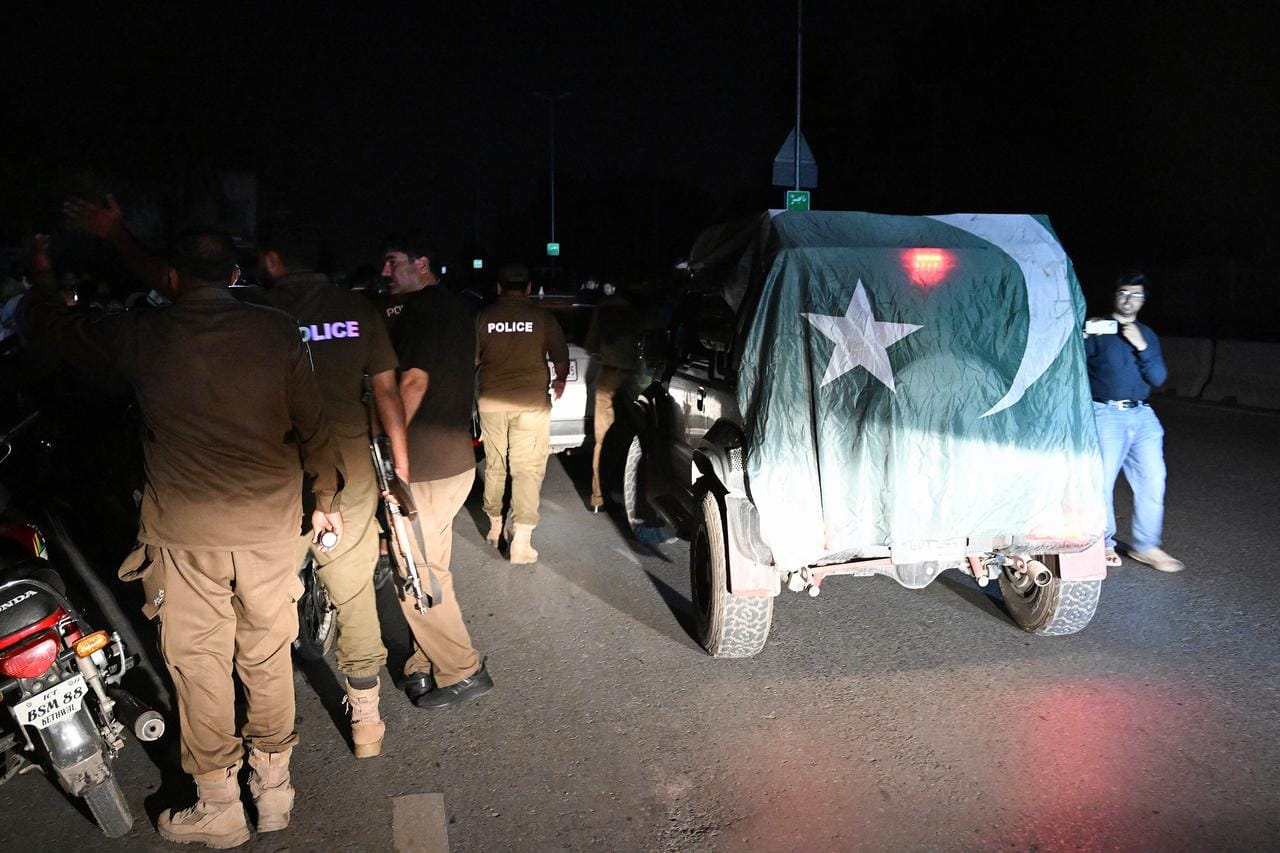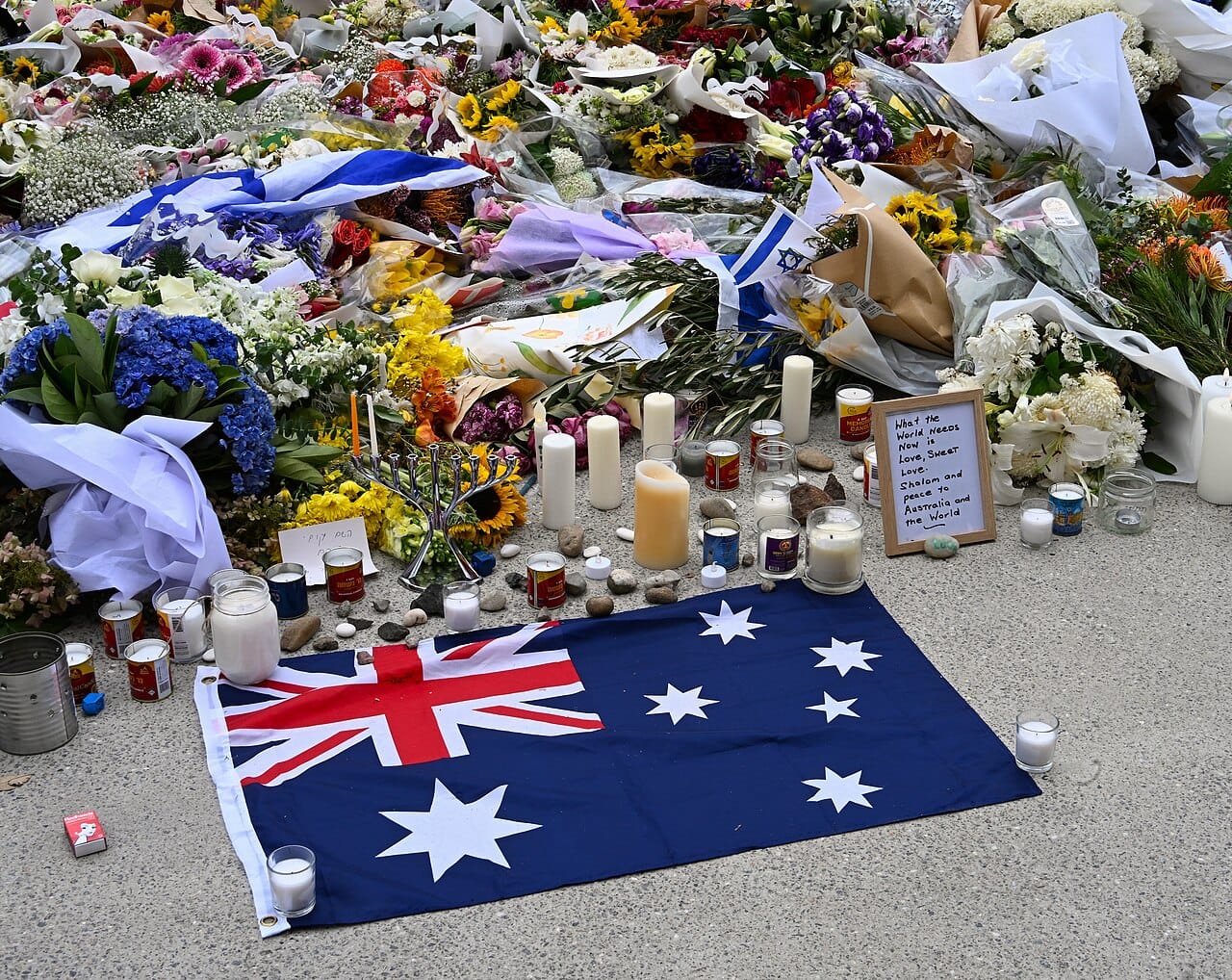While a lot of countries associate the possession of nuclear weapons as a huge plus to their geopolitical power, there are still some that fear the consequences and stay within the protected boundaries of conservatism while going international. No matter how awed we can be when seeing nuclear missile tests or new launches happen, we still have a long way to go to see what constitutes hegemony very easily here and how only 9 countries in the world have gone nuclear so far. The problem with this distinction is, it is no longer dependent on resources or military strength, but rather a very calculative set of steps that go beyond what a simple human can imagine.
Today, “atomic bomb” has been replaced by “nuclear weapon,” which is also used as a general blanket term referring to any of these weapons, and “hydrogen bomb” has been replaced by “thermonuclear weapon.” Nuclear weapons have been used during wartime on only two occasions, both by the United States toward the end of World War II. The first nuclear weapon used during war was a “uranium gun” fission bomb, codenamed “Little Boy”, dropped from a Boeing B-29 Superfortress onto the city of Hiroshima, Japan, on August 6, 1945.
Featured Image Credit – Times of India

Guncha Shandilya is currently pursuing Bachelor of Arts in History (Honours) at the Delhi College of Arts and Commerce. She is currently a part of the editorial team at The Viyug. She is a research officer at Old World Order, Head of Research at Prakriti and part of creative team at ‘GirlUp Tara.’



